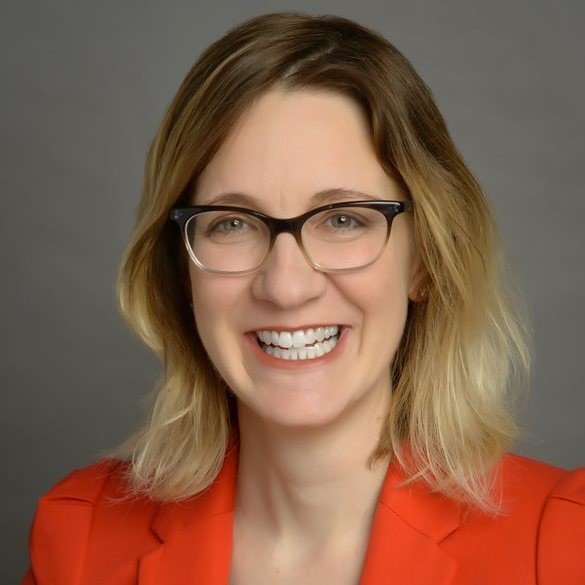Redefine rural
How do you know if you live in the city or the country? For some, any place without a Whole Foods is rural. For others, a stoplight is a harbinger of urban sprawl.
The federal government has more …
This item is available in full to subscribers.
Attention subscribers
To continue reading, you will need to either log in to your subscriber account, or purchase a new subscription.
If you are a current print subscriber, you can set up a free website account and connect your subscription to it by clicking here.
If you are a digital subscriber with an active, online-only subscription then you already have an account here. Just reset your password if you've not yet logged in to your account on this new site.
Otherwise, click here to view your options for subscribing.
Please log in to continue |
Redefine rural
How do you know if you live in the city or the country? For some, any place without a Whole Foods is rural. For others, a stoplight is a harbinger of urban sprawl.
The federal government has more than ten definitions of what is and isn’t rural. One of these, however, may be changing. And it could have big implications for our counties in Texas.
The federal Office of Management and Budget defines areas as urban if they contain a community of at least 50,000 people, known as a metropolitan statistical area. In January, OMB proposed to change the minimum population threshold for MSAs from 50,000 to 100,000. This new definition would move 251 counties nationwide — and 14 in Texas — out of the metropolitan category.
With the flick of a computer key, nearly 820,000 Texans in cities such as San Angelo, Longview, Wichita Falls and Victoria would be recategorized. In the popular vernacular, they would switch from urban to rural. I have visited a lot of rural Texas and can tell you: None of those cities are rural. Each has a Target, at least one Starbucks and other non-rural characteristics.
But does it really matter how a federal agency categorizes a place?
The trouble is that this definition is used by federal agencies to distribute funds. Even though OMB insists that agencies not use the definitions to make grants, money for highways, housing and community block grants are all issued based in part on OMB’s definition of metropolitan. We don’t know exactly how many federal agencies use OMB’s definitions to allocate funds, but a few examples include the Department of Health and Human Services, the Federal Housing and Finance Agency and the U.S. Department of Housing and Urban Development, so it’s clear there will be broader implications.
Texas Rural Funders is a funder collaborative focused on bringing attention and resources to rural Texas. We are deeply immersed in rural Texas and the issues impacting rural Texans, their businesses, their families and communities. We’re a welcoming bunch, but we want Texas communities to know the potentially far-reaching impact of this seemingly innocuous move.
OMB’s new definition has been in the works for years. The current metropolitan definition was devised after the 1950 Census. The nation’s population has doubled since then, so OMB reasoned the minimum population size for a metro area should double, too, from 50,000 to 100,000.
No one knows what it will mean to all the federal programs using this definition. It appears that OMB made its recommendation for statistical reasons. However, there will likely be real-world consequences. It could alter federal reimbursements for health care costs in already underserved communities. It could mean fewer mortgages in rural areas, which are identified as underserved by the Federal Housing Finance Agency and less public transportation.
According to the Brookings Institution, the current non-metropolitan county has an average of 23,240 people. The proposed reclassification means that non-metropolitan areas would have an average of 75,533 people. Towns of those average sizes are different in most every way.
In Texas, the 14 counties that would be re-classified are 3.6 times larger than the counties currently in the rural category. And the new definition of non-metropolitan areas would encompass communities ranging from 10,000 to 100,000 people. However, despite the differences across such a large range, they would be considered the same when applying for federal grant money from some government programs. There will likely be unintended consequences for communities, both small and large, on either end of the newly defined category.
There is a simple fix to this issue. OMB should postpone any action on its proposal. It should convene stakeholders, rural experts and local leaders to examine the consequences of such a change. Let’s find out what effect this new definition of rural would have on 170 Texas counties before it is made official.
Kelty Garbee is executive director of Texas Rural Funders, a philanthropic coalition that works with rural communities to develop and implement solutions to their unique needs.
About Texas Rural Funders: Texas Rural Funders is a coalition of funding organizations that believe the future of Texas depends on strong, successful rural communities. We are dedicated to working with rural communities to develop and implement solutions to their unique challenges. Learn more and find online tools and resources for rural Texas communities at texasruralfunders.org.
Keywords
Rural, Texas Rural Funders, Texas, Kelty Garbee






